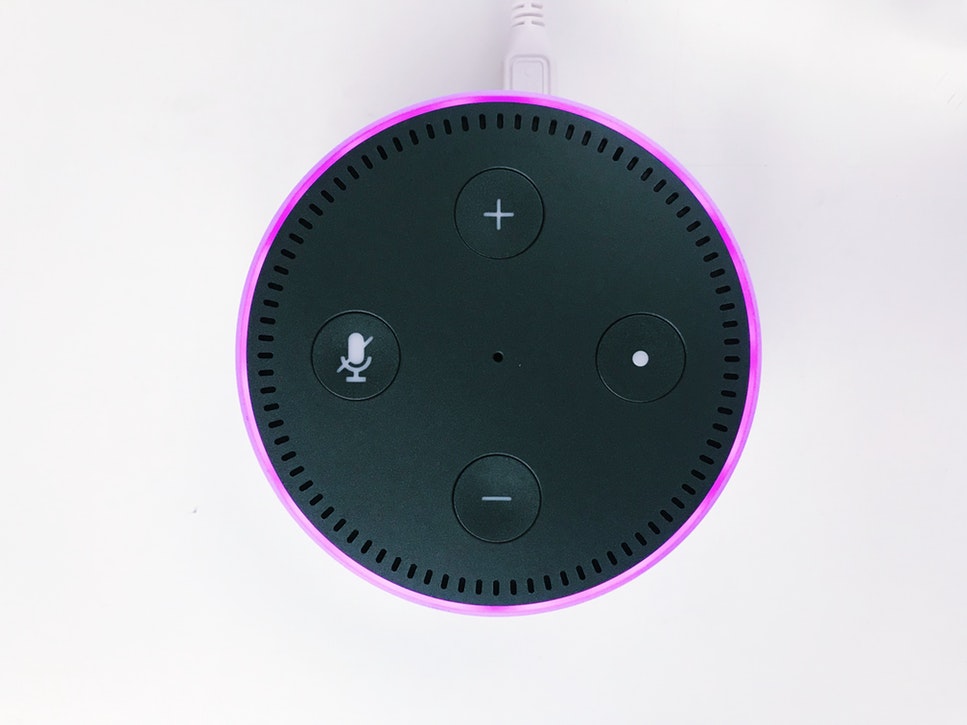Optimizing Voice Search For Your Local Business SEO
Up to 58% of consumers have regularly used voice search to find local business information, according to Voice Search Statistics 2019 for marketers. It is becoming more popular and is here to stay. Unfortunately, many small businesses that are set to benefit from voice engagement are not well prepared to take advantage of this brand marketing opportunity. This is why voice search optimization is important for your local SEO efforts. Voice search optimization involves creating relevant questions and answers related to your business. It esures that they can be crawled by top search engines like Google and Bing. This should be part of your overall content optimization strategy so your business can reap the benefits.
Why You Need A Structured Data Markup
Beyond keyword optimization, small businesses need to be more strategic when it comes to providing search engines with context. Having a structured data markup is critical. And even more so in applying the correct schemas, so that search engines can have a better understanding of your business website and its content. With a recent Bing survey revealing that only around 17% of marketers are using Schema.org structured data markup, it’s easy to see why many small businesses are still not benefiting from voice search. With more people using portable devices like laptops, tablets, and smartphones to search for products and services online, it’s time for you to embrace structured data to support your local SEO efforts. The benefits include rich search results, enriched brand information, and improved click-through-rate.
Create A Comprehensive FAQ Page
Your Frequently Asked Questions (FAQ) page should be used for more than just a business reference for website visitors. Create a more comprehensive FAQ page to drive more organic and voice search traffic by optimizing it with long tail keywords related to your business services or products. Use tools like Answer The Public to compile exact keyword match phrases that you can easily markup using schema so you can answer voice search queries. Make sure you answer each question in one or two clear sentences. You can also create a few FAQ pages, so that algorithms crawling for voice search queries can pull sufficient information from your site.
Add Rich Snippets
One of the biggest benefits of voice search for businesses is that devices like Amazon Alexa and Google Home, which are leading the way in consumer voice search engagement, can actually cite the source of the information they are pulling. For instance, Google Home users will even get a link to your website on the app. But for your business to be cited, you need to add rich snippets that place your business pages in position zero on SERP. You can optimize more of your long tails to include words like “near me”, “store hours”, and “price” to create a powerful local trust factor and take advantage of the mobile user GPS feature to even drive more SEO traffic.
As voice search engagement grows, businesses must optimize their voice search and content to improve their local SEO efforts. With the right strategy, small businesses can enjoy increased traffic and better brand marketing.

